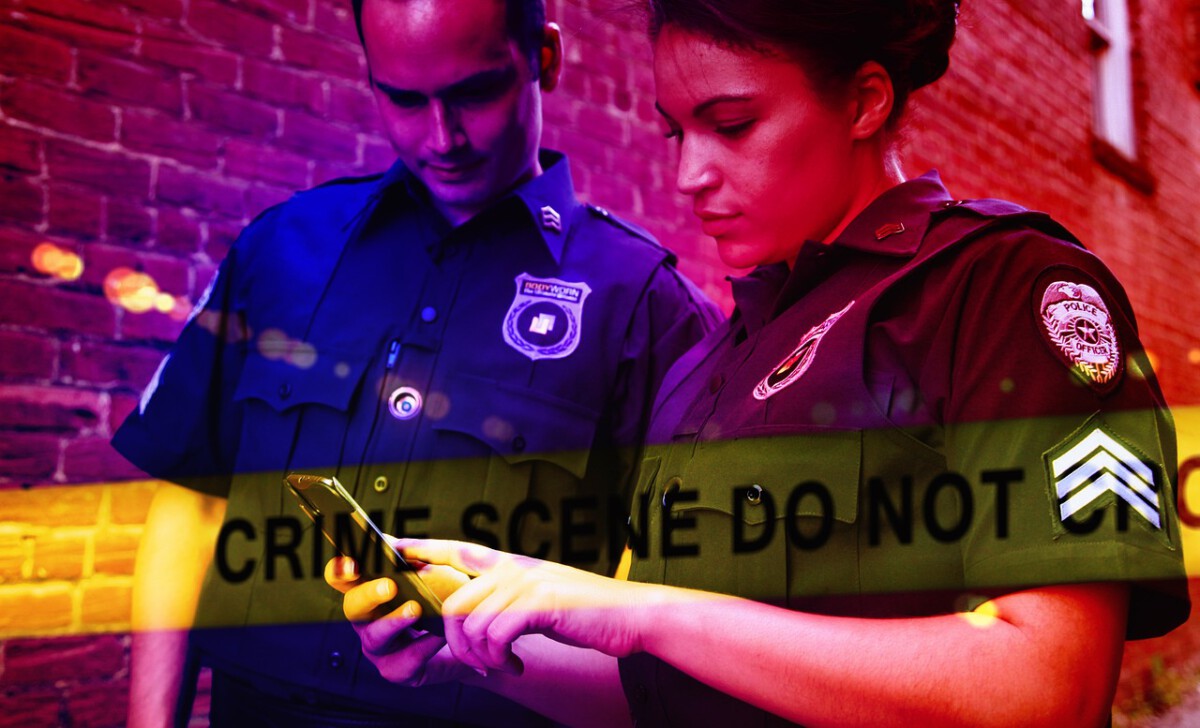The legal landscape of Texas is dotted with peculiar laws that, while baffling in their absurdity, offer a whimsical glimpse into history and societal norms of yesteryears. While some of these laws are no longer in active enforcement, their existence continues to baffle. In this article, we explore 15 real Texas laws that you won’t believe are on the books.
No Concealed Carry of Wire Cutters
In Austin, a seemingly odd prohibition remains—it’s illegal to carry wire cutters in your pocket. This law dates back to a time of fierce disputes between ranchers over land boundaries. Rather than settling these disputes justly, this law was enacted to prevent ranchers from cutting fences. Today, it stands as a curious relic of old ranching rivalries.
Don’t Scavenge Your Neighbor’s Trash
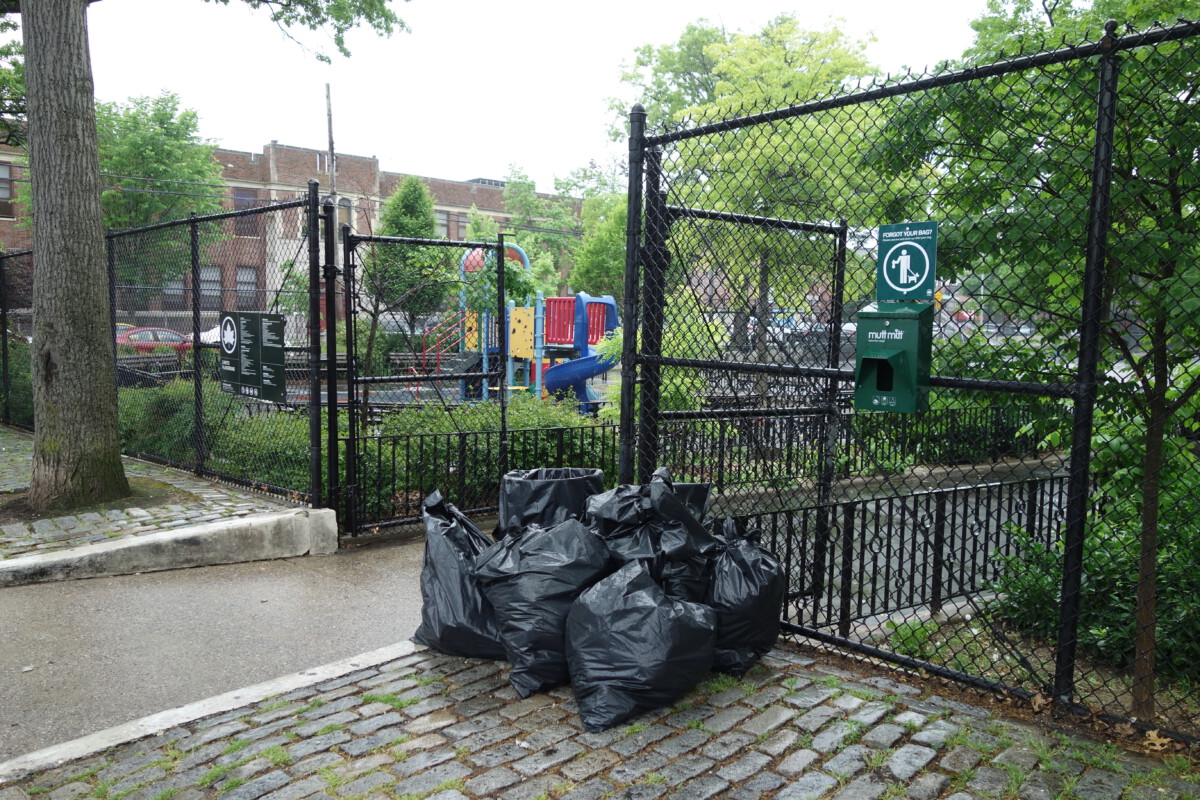
Digging through your neighbor’s garbage is more than just a breach of etiquette in some Texas towns—it’s against the law. Doing so could land you with charges of property theft and even trespassing. This law might be baffling for those feeding feral cats or raccoons, but it underscores the emphasis on property rights in Texas.
Marriage by Public Proclamation

Texas embraces the notion of common-law marriage, where couples can be considered legally married by simply making three public announcements of their union. Interestingly, the law is so relaxed that it doesn’t even require both partners to be present during the proclamation, provided they are consenting adults. This laid-back approach highlights Texas’s unique legal fusion of tradition and pragmatism.
Permit Required to Walk Barefoot

Bizarrely, certain Texas cities mandate a $5 permit for those wishing to stroll barefoot. This regulation is said to govern “sanitation and appearance,” although it feels more like an unyielding tribute to personal responsibility and hygiene—echoing a bygone era when public cleanliness was paramount.
Spittoons Required by Law
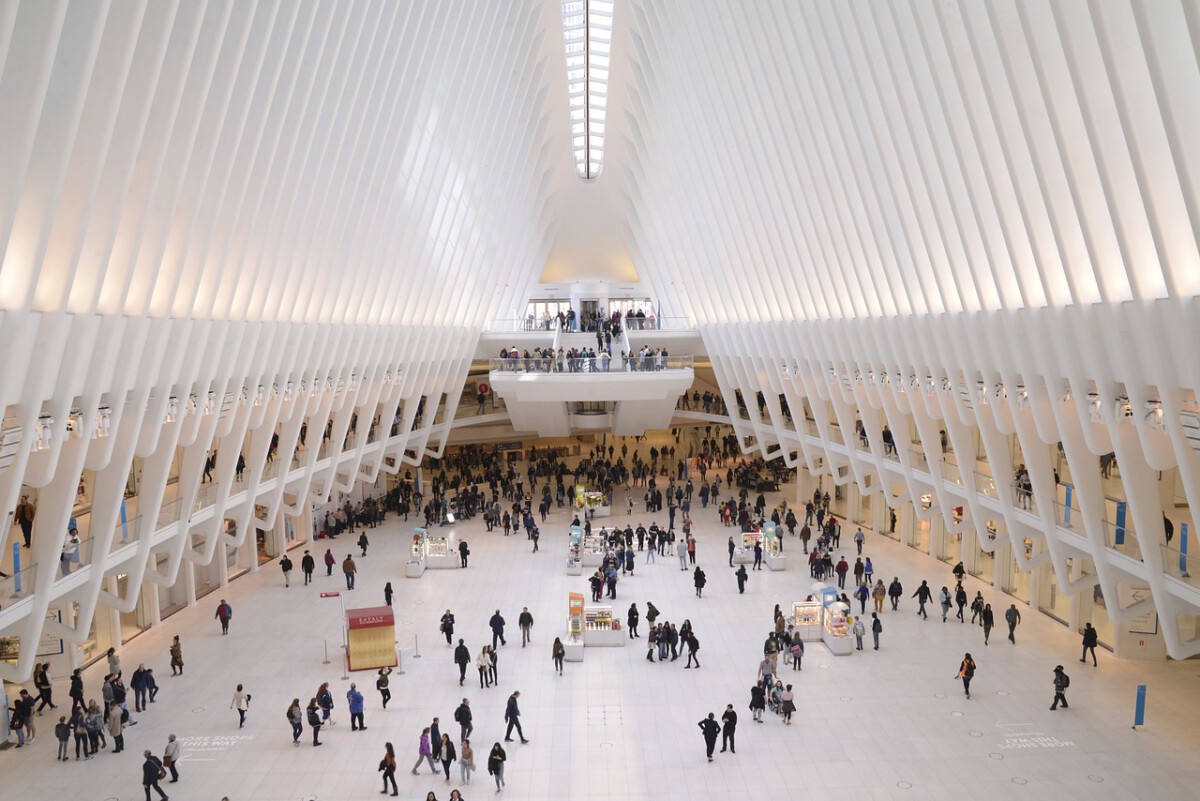
El Paso still maintains a law that mandates spittoons in public spaces like churches and hotels. Once a necessity to handle the abundance of public expectoration, this law now serves as a reminder of the once-common practice of spitting tobacco in public places. Thankfully, it’s a largely obsolete ordinance today.
No Hunting from Hotel Balconies

There are laws, then there are laws that outlaw hunting from hotel balconies. Yes, in Texas, it’s illegal to shoot buffalo from the second story of a hotel, harking back to a time when urban hunting might have been a peculiar hobby. It’s safe to say that this quirky regulation has predominantly historical, not practical, relevance today.
Safety for Night-Riding Horses
In Texarkana, law requires horses to be fitted with taillights if ridden at night. While humorous, this regulation demonstrates a forward-thinking approach to safety, ensuring both riders and their loyal steeds are visible to oncoming traffic—arguably a good idea, even now.
Windshield Wipers Without Windshields
Texan vehicle laws take a humorous turn with the obligation to have windshield wipers, even if the vehicle lacks a windshield. Jeep owners find this particularly amusing since their models can legally drive without the windscreen down. Still, this idiosyncratic rule prioritizes visibility under rainy conditions.
Mind the Proximity of Alcohol

It’s illegal to drive within arm’s reach of alcohol in Lubbock. Intended to curb drunk driving, the rule extends absurdly to passengers’ alcohol consumption. Designated drivers beware; transporting tipsy pals might just involve more than a little extra caution.
Paying a Fine Equals Admission of Guilt
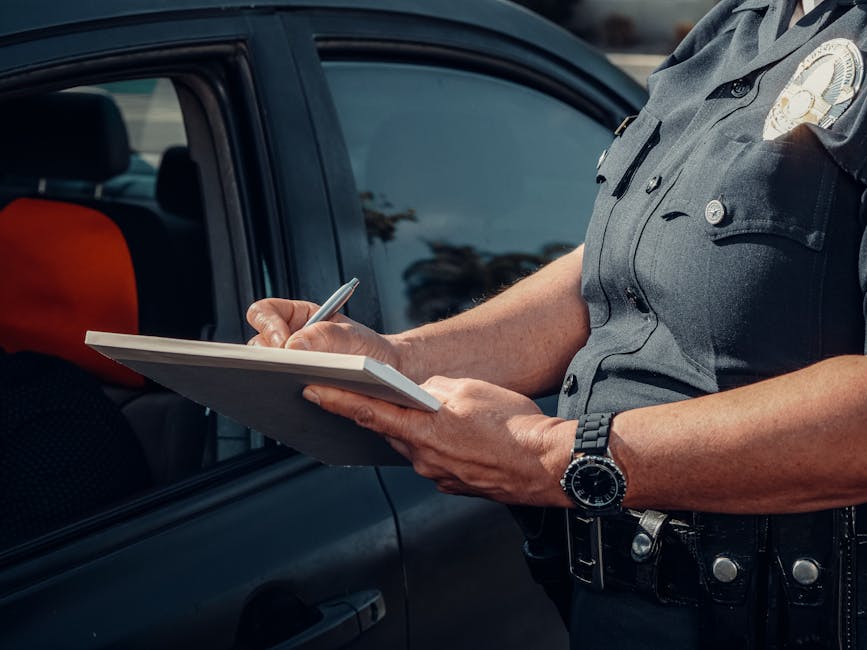
In Texas, resolving a traffic ticket by paying the fine equates to a guilty plea, astonishing many who might expect an until-now-unheard preview of U.S. judicial tradition. Surrendering the chance of a hearing could have unforeseen consequences, hence caution and an understanding of one’s legal rights are advised.
No Confetti, Firecrackers, or Whips Allowed
The people of Borger live under a bizarre ordinance forbidding confetti, firecrackers, and whips within city limits. While the rationale behind this is about as clear as mud, it serves as a peculiar testament to the conservative culture’s regulation of public festivities and anti-disturbance measures.
Zero Tolerance for Odors in Elevators
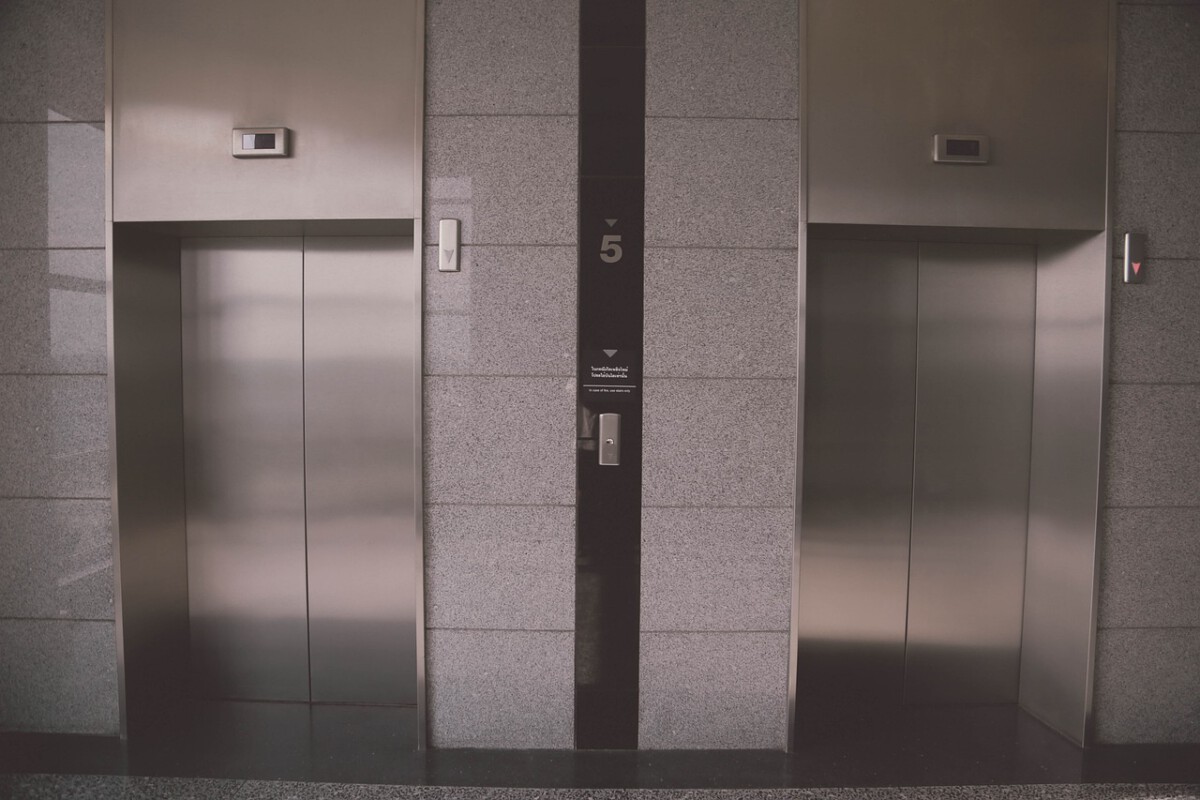
In Port Arthur, it’s illegal to emit “obnoxious odors” in elevators. While specifics are scarce, one can only assume this applies to scents best left unexpressed in confined spaces. A witty law leading us to ponder with amusement toward those who have too often committed such transgressions.
The “Drunken Permit” Illusion

Some municipalities provide permits to drink in parks, not out of a merry gesture, but rather for liquor licenses linked to events. The myth of applying for sanction to imbibe might intrigue, but it points firmly to the rigidity of public space regulations and preserves communal decency.
No Unusual Haircuts for Kids

Having an eccentric haircut is not strictly outlawed for children in Mesquite, but it’s long been rumored as such. This example of personal styling regulation echoes suppressive overtones kept back while allowing personal expression to flow refreshingly unrestricted.
A Persistent Maritime Law from the 1850s
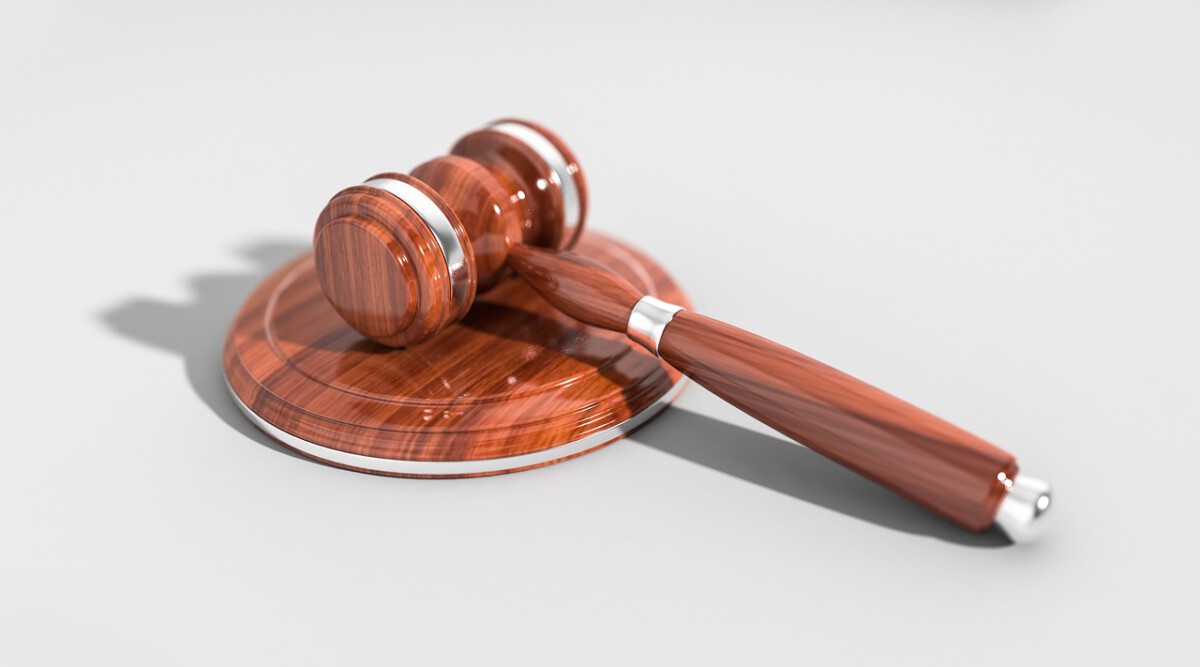
Outdated but enforceable, the 1851 Limited Liability Act constrains maritime party claims unjustly. Once fit for the conditions of the nonexistent weather forecasting seafaring past, it now undermines workers’ fair compensation in dire maritime accidents. Such archaic statutes draw critical reevaluation to harmonize progress with justice.
By enshrining these eccentric statues, Texas lays bare a quirky facet to its rich legal tapestry. While outdated, they charm us with historical insight and the evolution of societal values. As with all legislative phenomena, vigilance and wisdom guide us, ensuring the balance of tradition and modernity yields justice.







